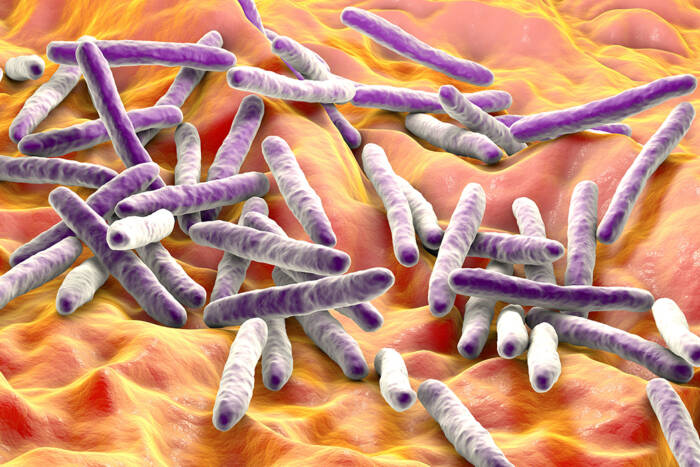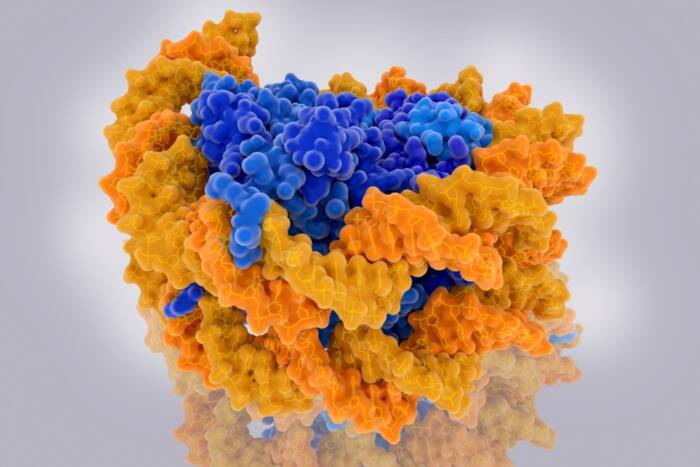Nicolai Siegel
Sc.B., Brown University
Regulation of Gene Expression in Trypanosoma brucei
presented by George A.M. Cross
Nicolai become interested in the pathology of parasitic diseases after a 1997 visit to Bolivia, where Chagas disease, caused by Trypanosoma cruzi, was endemic. After high school he returned to Bolivia for a 15-month period of civil service, teaching in an orphanage in lieu of military service in Germany.
I met Nicolai after his junior year at Brown University, when he was admitted to the 2002 Summer Undergraduate Research Fellowship program. I told him that it should be possible to get a publishable piece of work out of the project I had in mind. Just one of those three-month projects that advisers think up without thinking through all the issues, but that, through Nicolai’s insights and attention to detail, became a major piece of work whose main substance had to await Nicolai’s acceptance into the graduate program in 2003. Although this was a groundbreaking piece of work, there were to be more of the same, aimed at understanding the very nonmainstream ways that trypanosomes regulate gene expression, most recently a cover article in Genes & Development that was also singled out for the highlights sections of Science magazine and elsewhere, and widely lauded in the field, resulting in many requests to Nicolai for advice and collaborations.
Nicolai’s six-year association with my lab has been extraordinarily innovative and productive. Sadly he will be my last student, but it’s nice for me to go out on such a high note. Following the example of his predecessor, Nicolai also found time to run the 2006 New York City Marathon in a very respectable 3 hours, 20 minutes. Nicolai will stay a couple of months to tidy up loose ends for one or two more papers, then spend three months traveling in South America before moving to the Pasteur Institute in Paris, where he will study the malaria parasite: a big loss for the trypanosome field, to which I hope he will eventually return. Nicolai, I thank you for your many contributions to the lab and we all wish you great success in the future.



